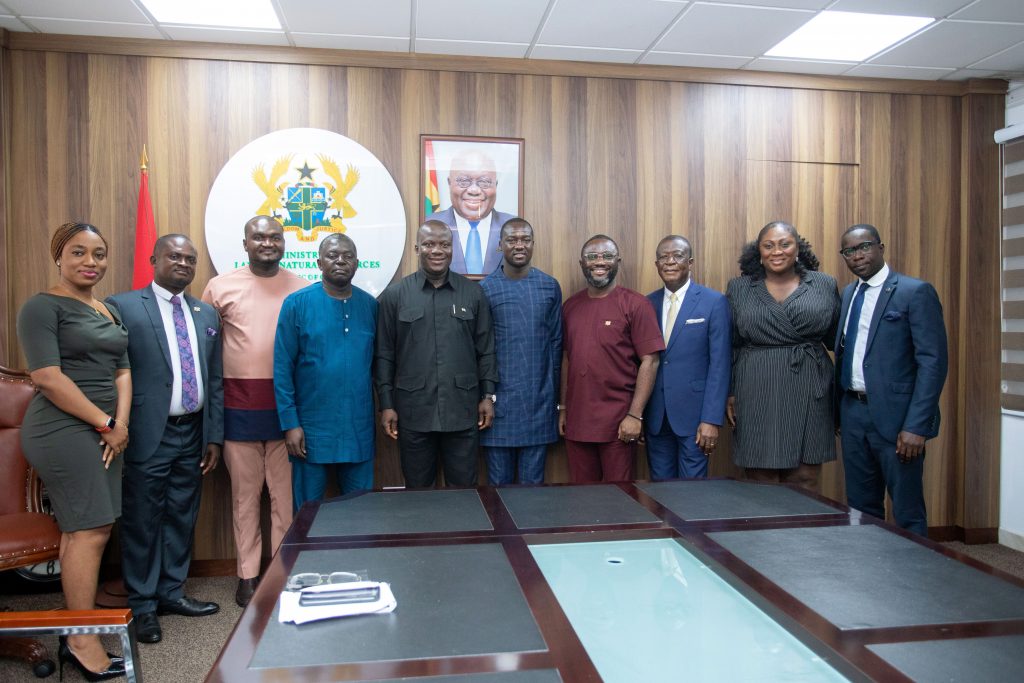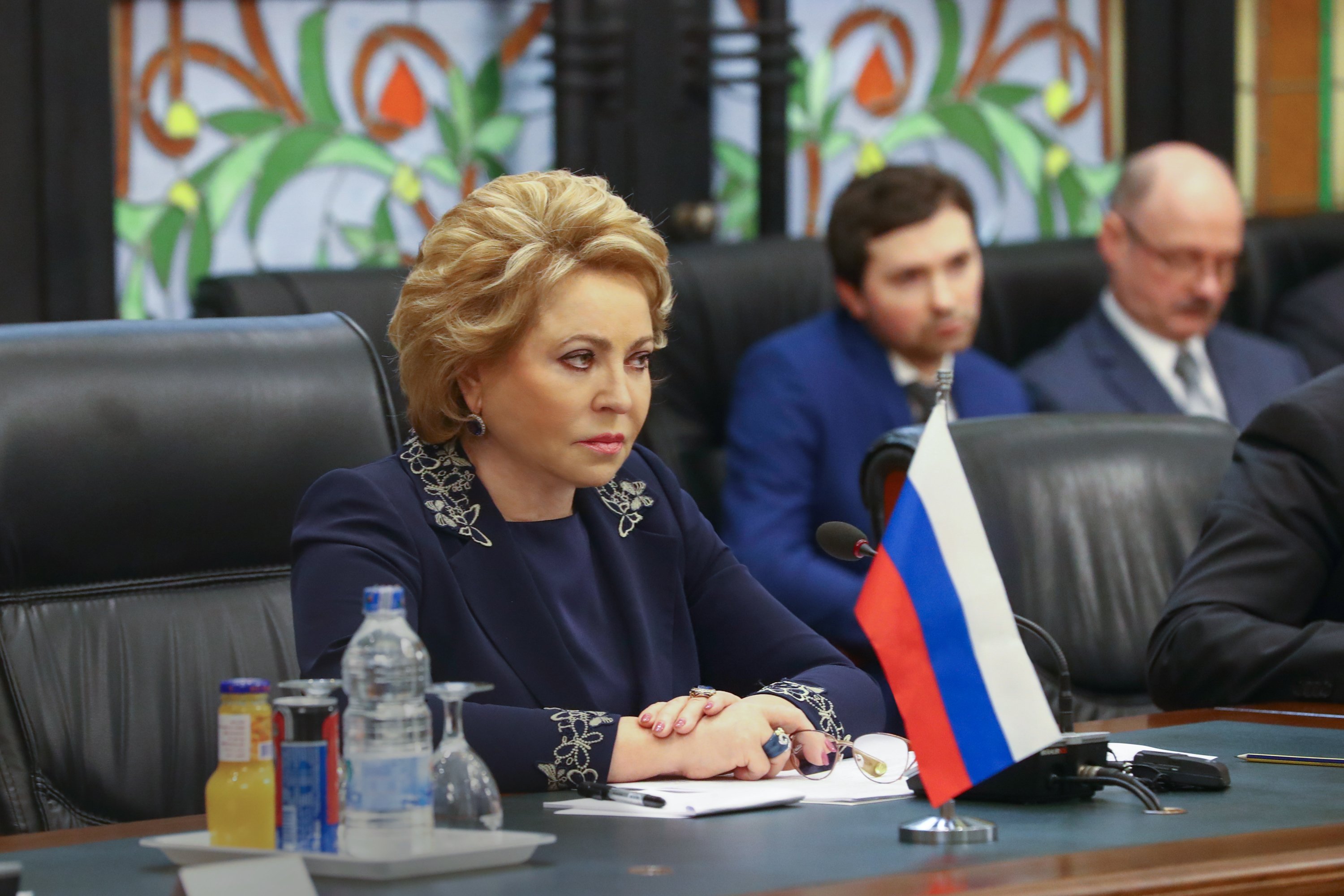Abu Jinapor: NPP's Unexpected 2024 Election Defeat

Table of Contents
Jinapor's Controversial Policies and Public Perception
Abu Jinapor, holding a significant ministerial position within the NPP government, saw several of his policies spark considerable public backlash. This negative perception significantly impacted the party's electoral prospects in 2024.
Negative Public Reaction to Specific Policies
-
Policy 1: [Insert Specific Policy and details, e.g., The controversial agricultural subsidy program]: The program, intended to boost agricultural output, faced criticism for its opaque implementation and perceived favoritism towards certain groups. News outlets like [Link to News Article 1] and [Link to News Article 2] highlighted widespread complaints of inefficiency and corruption surrounding the program, damaging public trust. This led to a significant drop in rural voter support for the NPP.
-
Policy 2: [Insert Specific Policy and details, e.g., The proposed amendment to the mining regulations]: This policy, aimed at increasing government revenue from the mining sector, was met with resistance from environmental groups and local communities concerned about its potential environmental impact. The resulting negative media coverage, as seen in [Link to News Article 3] and [Link to News Article 4], fueled public opposition and contributed to a decline in overall approval ratings for the government.
Jinapor's Communication Style and its Effects
Jinapor's communication style, often characterized as [Describe his communication style, e.g., confrontational and dismissive], further alienated potential voters. His public appearances, interviews, and social media activity frequently generated controversy. For example, [Insert specific example of a controversial statement or interview]. This lack of effective communication, coupled with the negative perception of his policies, hampered the NPP's ability to effectively connect with the electorate. Analysis of social media sentiment surrounding his pronouncements revealed a sharp negative trend in the months leading up to the election.
Internal Divisions within the NPP
The 2024 election saw the NPP grappling with significant internal divisions that weakened their campaign efforts. These factional struggles, in part fueled by conflicting political agendas, overshadowed the party's message and created an environment of distrust.
Factionalism and its Impact on the Election Campaign
Internal conflicts between different wings of the NPP, disagreements over policy, and competition for leadership positions significantly hampered the party's ability to present a united front. [Insert examples of specific internal conflicts within the NPP and their consequences]. This disunity eroded public confidence and hindered effective campaign coordination.
Jinapor's Role in Exacerbating Internal Divisions
[Analyze Abu Jinapor's role in the internal conflict, if applicable. Provide specific examples of actions or statements that contributed to these divisions. Explain the consequences of his actions on party unity and the election outcome]. For instance, his public disagreements with [Name of key figure] on [Specific issue] created further divisions and undermined the party’s image of unity.
The Opposition's Effective Campaign Strategy
The opposition party effectively capitalized on the NPP's internal divisions and the negative public perception surrounding Jinapor's policies.
Opposition's Use of Jinapor's Actions/Policies in their Campaign
The opposition party masterfully incorporated Jinapor's controversial actions and policies into their campaign messaging. They strategically highlighted public discontent surrounding [mention specific policies] and [mention specific actions], using these issues to sway undecided voters. This targeted campaign effectively exposed the weaknesses within the NPP's strategy.
Opposition's Overall Campaign Strategy and its Effectiveness
The opposition employed a well-organized campaign, focusing on [Describe opposition's strategy, e.g., grassroots mobilization and a clear, concise message addressing economic concerns]. Their effective messaging, combined with the NPP's internal struggles, resulted in a significant shift in public opinion. The opposition's superior campaign strategy ultimately contributed to their decisive victory.
Economic Factors and their Influence on Voter Decisions
The prevailing economic climate played a crucial role in shaping voter decisions in 2024. High unemployment rates, inflation, and economic hardship significantly impacted public sentiment.
Economic Hardship and its Impact on Voter Support for the NPP
[Discuss economic indicators such as inflation rates, unemployment figures, and GDP growth. Link these indicators to the decline in support for the NPP. Cite credible sources]. The electorate’s dissatisfaction with the government's handling of the economy played a significant role in the NPP's electoral defeat.
Jinapor's Role (or Lack Thereof) in Addressing Economic Concerns
[Analyze Jinapor's involvement, or lack thereof, in addressing economic concerns. Did his policies contribute to or alleviate economic hardship? Provide concrete examples. If his role was minimal, explain why his inaction could be seen as a contributing factor to the defeat]. His lack of visible engagement on economic matters further eroded public confidence in the government's ability to address the pressing needs of the people.
Conclusion: Analyzing Abu Jinapor's Role in the NPP's 2024 Election Defeat
The NPP's unexpected 2024 election defeat was a multifaceted event stemming from a confluence of factors. Internal divisions, an ineffective campaign strategy, economic hardship, and the negative public perception of Abu Jinapor's policies and communication style all contributed significantly to the outcome. Jinapor's role, while not the sole cause, acted as a catalyst, exacerbating existing weaknesses within the party and providing the opposition with potent ammunition. Analyzing Abu Jinapor's impact on the NPP's 2024 loss requires a comprehensive understanding of these intertwined elements. Understanding the Abu Jinapor factor in the NPP's 2024 election defeat is crucial for future electoral strategies. Let's continue this vital discussion.

Featured Posts
-
 Sonys Ps 5 Gets A Blast From The Past With Retro Console Themes
May 02, 2025
Sonys Ps 5 Gets A Blast From The Past With Retro Console Themes
May 02, 2025 -
 Understanding This Country People Places And Perspectives
May 02, 2025
Understanding This Country People Places And Perspectives
May 02, 2025 -
 Is Havertz The Right Fit For Arsenal Souness Casts Doubt
May 02, 2025
Is Havertz The Right Fit For Arsenal Souness Casts Doubt
May 02, 2025 -
 Rossiya Chekhiya Obsuzhdenie I Ukreplenie Ekonomicheskikh Svyazey
May 02, 2025
Rossiya Chekhiya Obsuzhdenie I Ukreplenie Ekonomicheskikh Svyazey
May 02, 2025 -
 Is Xrp A Good Investment Analyzing The Risks And Rewards
May 02, 2025
Is Xrp A Good Investment Analyzing The Risks And Rewards
May 02, 2025
